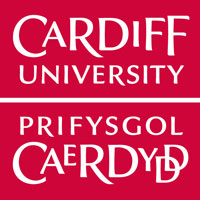fees waived
Pharmacy, MPharm (Hons)
Cardiff University, United Kingdom
Ranking in UK
Pharmacology and Pharmacy
Pharmacy and Pharmacology
Pharmacology and Pharmacy
Costs
food & rent S$17k / year
Entry requirements
Scholarships
Unlimited quantity
Limited quantity
Limited quantity
Information
Code
Intakes
Website (External)
Programmes
Information
Duration
2030
Pharmacists are specialists in medications, often prescribing them independently, and play key roles in drug development, preparation, and optimisation from discovery to patient care. This offers diverse career paths in hospitals, community settings, industry, and research across the UK and internationally. The four-year programme covers drug discovery, chemical properties, pharmacological effects, clinical applications, and disease pathophysiology, while exploring the pharmacist's role within healthcare teams. Students engage in a vibrant, research-driven environment with access to leading laboratories and professional courses.Upon completion, graduates are prepared for postgraduate training as pharmacists or careers in health, science, and education, with the programme accredited by the General Pharmaceutical Council (GPhC) and aligned with Quality Assurance Agency benchmarks. The school, a longstanding UK institution, fosters a supportive atmosphere and features expert staff, an active student society, comprehensive resources, and opportunities for skill development, international exchanges, and professional engagement.
A local representative of Cardiff University in Singapore is available online to assist you with enquiries about this course.

